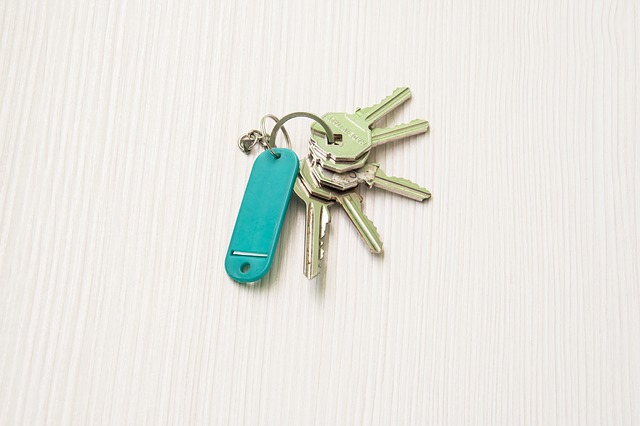
This article will discuss the difference between judicial and nonjudicial foreclosures and what that means for homeowners. We will answer the following questions:
- What is a Judicial Foreclosure?
- How long does a Judicial Foreclosure take?
- What is a Nonjudicial Foreclosure?
- How long does a Nonjudicial Foreclosure take?
- Does it matter to the homeowner?
Foreclosure is a little bit like gallbladder surgery: you know it exists, you hope you won't have to go through it one day, but there's no reason for you to learn more about it unless it actually might happen. For those that have gone through foreclosure, they would likely take gallbladder surgery any day. In all seriousness, is it essential for homeowners to know that foreclosures are generally classified as being judicial or nonjudicial? The first answer: it mostly depends on what state in which you live. The second answer: the type of foreclosure isn't your choice; it's the lenders'.
What is a Judicial Foreclosure?
A judicial foreclosure is an option for lenders in all states, but some states require it for residential properties. Judicial foreclosures involve the lender filing a lawsuit to foreclose the property. The lender and homeowner will have their time in court, where both will present evidence regarding the reason for default. Unless the homeowner doesn't care about keeping the home, they can attempt to negotiate to retain the property and avoid foreclosure. If the judge finds the foreclosure is legal and appropriate, and the homeowner fails to negotiate a new agreement with the lender, the court enters a judgment against the homeowner leading to the foreclosure sale of the property. To learn more about foreclosures in Illinois, click here. Bottom line, a judicial foreclosure involves the courts and plays out like most other types of civil lawsuits,
How Long Does a Judicial Foreclosure Take?
The time from the first missed mortgage payment to the homeowner being evicted from their home in a judicial foreclosure varies, usually taking between 6 months and one year. Generally, the foreclosure process can't start until the loan is more than 120 days delinquent.
The first step involves the loan servicer tapping an attorney to file a petition for foreclosure with the court. The petition—lawsuit—asks the court to authorize the property's foreclosure sale. The homeowner is then served with a summons and a copy of the complaint for foreclosure.
After receiving the summons, the homeowner has around 30 days to file an answer with the court. If the homeowner fails to file an answer, the court will grant the lender a default judgment, automatically authorizing the property's foreclosure sale. If the homeowner does not attempt to rectify the situation, the home is sold. During the foreclosure, usually a period of time before the house sale and after, the homeowner can still retain the house within the redemption period. Typically, this involves paying for the property in full and any extra costs incurred by the lender. After the foreclosure sale is confirmed, the homeowner must vacate the home or be evicted.
What is a Nonjudicial Foreclosure?
Nonjudicial foreclosure differs from judicial foreclosure in one significant way: The court is minimally involved or not involved at all. Under a nonjudicial foreclosure, the process is handled outside of court by a trustee. The lender designates the trustee in the deed of trust signed by the borrower when purchasing the home. The nonjudicial foreclosure process differs from state to state, but it generally follows a structure similar to the judicial foreclosure, but a trustee manages everything instead of the court. The process usually starts with the trustee providing the homeowner with a notice of default, setting a deadline by which the homeowner must find a way to bring the loan current or face foreclosure. Depending on the state, the trustee may have to send details of the property's impending sale to the homeowner, publish details of the sale in a local newspaper, or post a note on the property. Nonjudicial foreclosures are favorable for the lender; the process is quicker and places the legal burden of evicting the homeowner on the party that buys the property. However, if the lender expects legal issues to arise, such as a problem with the title, they may choose to foreclose via the judicial process.
How Long Does a Nonjudicial Foreclosure Take?
Because the nonjudicial foreclosure process differs from state to state, if the state allows it at all, the timeline varies. But, in most cases, nonjudicial foreclosure is complete within three months. If the homeowner decides to file a lawsuit and challenge the nonjudicial foreclosure, the process will move to the court and extend the timeline.












.jpg)
